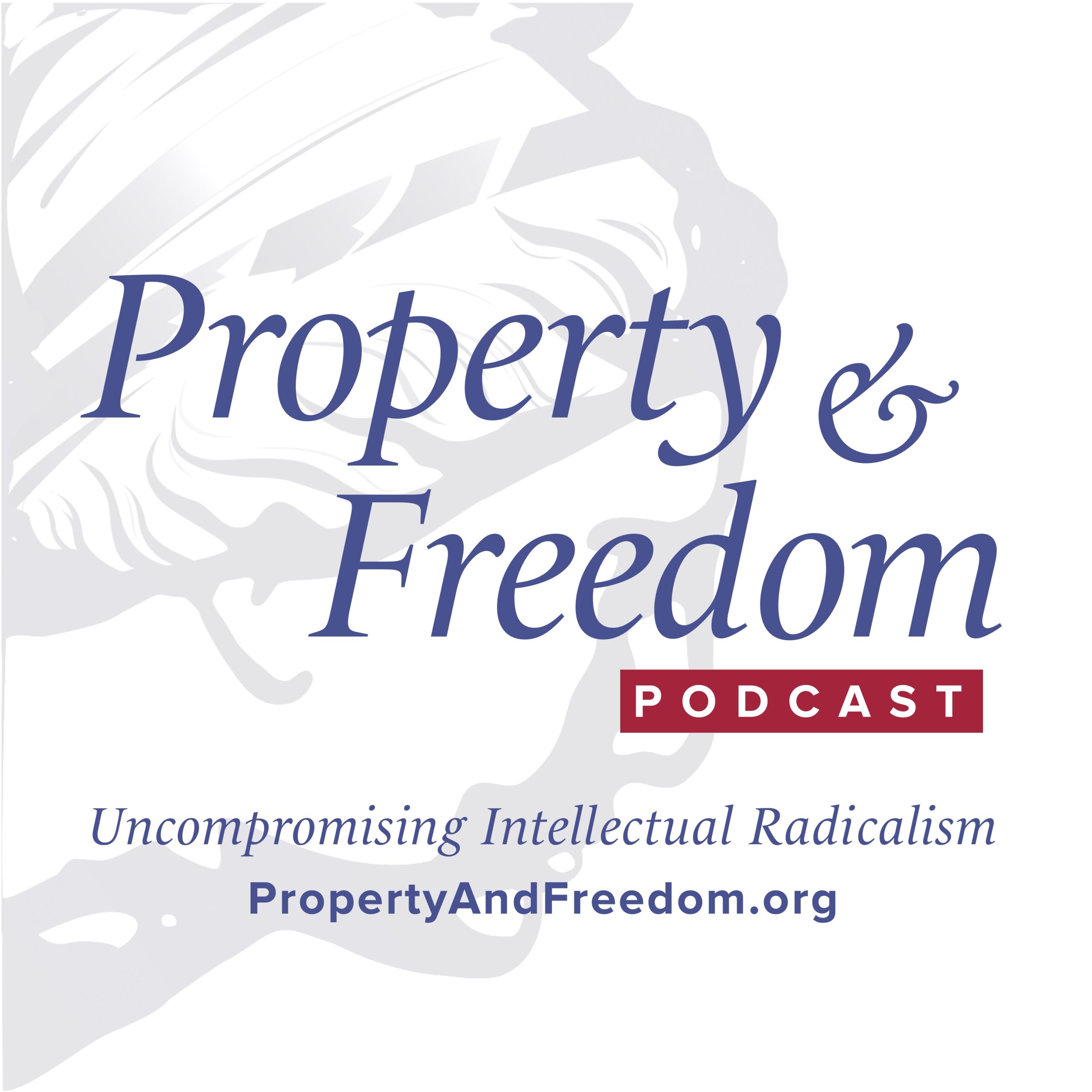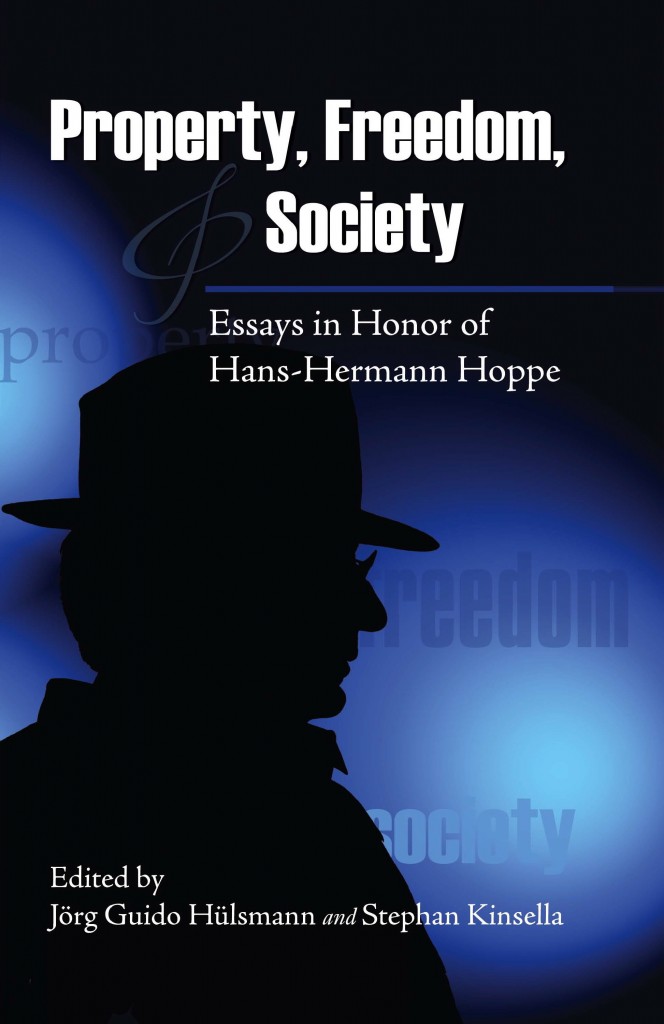Update: KOL100 | The Role of the Corporation and Limited Liability In a Free Society (PFS 2013)
Stephan Kinsella’s speech for the 2013 Annual Meeting is now available (see below).
Kinsella’s talk is podcast on the Kinsella on Liberty Podcast, Episode 100. The video and slides are below. I will post the Q&A panel later, which contains several interchanges between me and Sean Gabb about this issue. See also Sean Gabb’s article Stephan Kinsella on Limited Liability: Notes of a Speech Made to the 2013 Meeting in Bodrum of the Property and Freedom Society, to which I intend to reply at a later time.
For background, see:
- Kinsella, Corporate Personhood, Limited Liability, and Double Taxation; In Defense of the Corporation
- Robert Hessen, In Defense of the Corporation (Hoover 1978)
- Firms: google various recent Mises University lectures by Peter Klein on the theory of the firm
- Yaron Brook, “The Corporation” (Ayn Rand Institute, 2007)
Stephan Kinsella, “The Role of the Corporation and Limited Liability In a Free Society” from Property & Freedom Society on Vimeo.




Neither von Mises nor the early US founding fathers would have reckoned with the corporatists of today, with alienated ownership, State claims on the non entrepreneurial firms which they badly regulate but fiscally favour and which have grown fat on the monetary incontinence of the State as it artificially boosts equity markets.
The State sponsorship and legalisation of corporations leads naturally to both the threat of withdrawal of that “legitimacy” and demands for political and fiscal support of the State. Conversely the State sees the corporation based on managerial collectivised capital as something to be favoured. In the UK personal taxes go up to 40% (very early) while corporation tax is in the low 20s – but then back to 40% again when any capital return is paid to the actual individual owners!
The immediate demand of classical liberals like myself should be the removal of all fiscal favours (tax levels, tax subsidies, grants etc) for corporations and fiscal direction of savings from individuals to corporations/fund managers. Given even a level playing field the old entrepreneurs and families would soon recover – as would returns on assets!
The separation of ownership and control has undoubtedly led to gross irresponsibility in corporations (especially banks) and lead to a binge in takeover activity – often wealth destroying – as the managerial class takes its rake off without risking any capital themselves. When a privatised corporation awards its management share options, then the preservation of the share price is critical and the incentive to excessive gearing as a source of funds irresistable.
In general I agree with the proposition that it is difficult to make shareholders responsible for all that management does but corporate responsibility is a concept in law and with no responsibility the repeated employment of crooks as management to the profit of the shareholders would never redound to their detriment. A good recent example is the series of massive fines paid by Siemens in several countries for corruption in obtaining contracts but which each (new) management team says “that was the old management who no longer work here” (and eg the British Government agrees with them by awarding that company a valuable rail contract)
Rodney Atkinson
Visiting Fellow, University of Buckingham
You must log in to post a comment. Log in now.